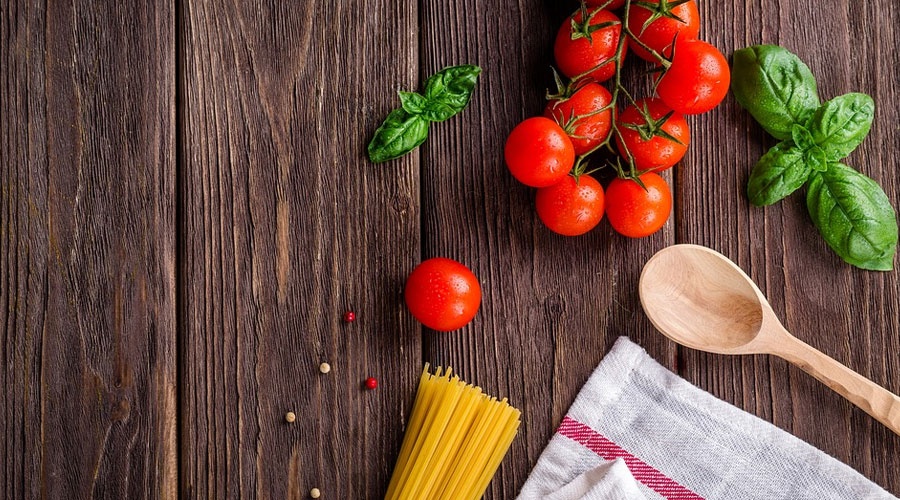Kuwait’s path towards becoming a food capital

This article is a crosspost from Nuwait.
As the GCC looks to diversify their revenue streams away from the oil and gas sector, Kuwait is striving to do so through one of its busiest industries: food and beverage.
The country seeks to become the World’s food capital by 2030, a vision that requires launching food accelerators, culinary schools, relevant events and conferences and more innovative concepts.
This will help the industry grow and create more connections between entrepreneurs and investors in the space.
Industry valuations are already at an all time high, as Mergermarket reported that the food and beverage sector deal value for 2016 exceeded $3.4 billion in the MENA region and is expected to grow even further in 2017.
In the Middle East, 65 percent of the population is under 30. In Kuwait particularly, almost a quarter of the country is 14 years old or younger. With such a large population of digital natives the country has a front row seat to digital era technologies becoming pervasive and an economic interest in diversifying its revenue streams. Levels of internet penetration are high at 80 percent while mobile penetration rates are the highest in the GCC standing at 240 percent of the population, because many users own more than one device. Numbers such as these have enabled the invasion of mobile apps in the food industry, in the format of customization and delivery applications; these more often than not go hand in hand with inventive restaurant concepts.
Restaurants are rebranding themselves as multifunctional spaces, which engage visitors with culinary experiences as well as artistic and educational ones, often presenting themselves as the foundation around which a larger business is built.
Almakan is just one example; located in Kuwait City, it is at the same time a restaurant that offers innovative dishes, a café, a studio for workshops and training, and an exhibition space for local artists. In a previous interview with Nuwait, founder Alhassan linked food and art by saying: “Making food is a form of art; the ingredients are your art tools”. Dar Hamad also embodies this movement. It is a restaurant, a wedding and a business venue incorporating minimalist art and design with traditional Kuwaiti food and culture.
Food goes digital
Kuwait is home to many new digital concepts in the food space. Gourmet ME is offering a taste of luxurious foods from around the world through their online shopping platform as well as “provid[ing] detailed recipes for gourmet meals along with the necessary ingredients to cook these meals,” according to Ghader, one of the founders. Yallawain is helping the indecisive make up their minds by enabling individuals to upload and upvote pictures of their favorite restaurant dishes. After Kuwait, they would like to tap into Saudi Arabia, according to cofounder Hamad Mufleh. Infusions KW is tapping into the recent health food boom with homemade sauces and spices, made by Patty Marotte, an entrepreneur that developed a keen interest in healthy foods after battling lupus.
Kuwait gets its own food accelerator
Launched by international accelerator Creative Startups, Savour Ventures seeks to position itself in this grander scheme as a vertical food accelerator, partnering with early-stage food companies from across the food supply chain, to help Kuwaiti companies grow faster.
Its first cohort will launch in October 2017 and startups can apply online here.
The company is selecting and relocating entrepreneurs and their teams to Kuwait where the nascent startups will have access to mentorship and networking opportunities as well as $50,000 in capital in exchange for 15 to 20 percent equity in their businesses. At the end of the eight-week program, the startups will also be granted the chance to pitch their businesses to Savour’s network of coinvestors.
At the helm of the operation is Rashid Sultan, previously in charge of large turnarounds for Alghanim Industries. Although Sultan believes the food and beverage industry to be already somewhat saturated, as he reported in a previous interview with Nuwait, he thinks that “when you have competition, the strong will survive. Find a segment in the market that is either untapped or the need hasn’t been fulfilled yet.”
The project seems well positioned to enter an already growing market and be a part of the Kuwait food capital vision. With investors looking for exciting opportunities such as these in the region and a creative pool of local talent, innovative food and beverage solutions might be Kuwait’s golden ticket out of an oil dependent economy.


